Life after receiving a cancer diagnosis can be altered pretty dramatically. Finding a structured, safe and compassionate environment with cancer support groups, both online and offline, can help you get through the day to day.
So what are cancer support communities? How can they help? Cancer support communities are meetings for cancer patients and their caretakers and family members to help them acquire information and interact with others who have similar cancer experiences. In other words, they are environments where you can find your true values and meaning in your life by openly sharing your concerns and feelings with members who fully support and get it from the inside out.
Research shows that joining a support community improves both quality of life and survival rates.
According to the National Cancer Institute, support communities can:
- Help you feel better, more hopeful, and not so alone
- Help you to connect with people navigating the same challenges as you
- Help you deal with practical problems after being diagnosed, such as problems at work or school
- Help you cope with the side effects of treatment
Here at Care+Wear, we understand that cancer impacts not just the person diagnosed, but his/her whole network of family members and friends as well. We have compiled a list of various different online cancer support groups to help you and your caregivers navigate your diagnosis and treatment.
Support Groups for Patients
The American Cancer Society is a nationwide, community-based voluntary health organization dedicated to eliminating cancer as a major health problem. Its website has a number of resources to help you find information including what causes cancer, diagnosis glossary, facts and statistics, and treatment options. It not only allows you to access information in many different languages, but also lets you chat online with professionals/experts from various cancer communities. We love their “Stories of Hope” section where you can find personal stories from cancer fighters and survivors. You can also check out their Facebook and Twitter pages for more information.
American Cancer Society provides 3 main online cancer support communities.
- Cancer Survivors Network: A free online platform with discussion boards, blogs and chat rooms to help you develop friendships, exchange practical information, and support one another.
- I Can Cope Online: A free online educational program that allows you to take free classes that provide information about cancer facts, nutrition options during and after treatments and ways to effectively communicate with your caregivers.
- My Life Line: A free social network that helps you to set up a personalized webpage to receive supportive messages and to coordinate assistance with meal organization, rides to patient’s treatment appointments and much more.
CancerCare is a leading national organization dedicated to providing free support services and financial assistance to anyone affected by cancer. It is well known for providing free counseling and support groups systems in which professional oncology social workers will provide resources to help you better overcome cancer.
CancerCare provides 4 main online cancer support communities.
- Healing With Words: An online therapeutic writing group that can offer you an opportunity to respond to writing prompts, share work and participate in discussions with others.
- Teens With Cancer Support Group: An online support group for teens (13-19years old) who are currently receiving cancer treatments to give support to each other and to share information.
- Gay Men with Cancer Support Group: An online support group for gay or bisexual men diagnosed with cancer to indulge in safe, convenient and confidential space where participants can discuss the challenges of overcoming cancer while giving and receiving meaningful support and guidance.
- Post Treatment Survivorship Support: An online support group for those who have already completed their cancer treatment to share their resources and knowledge in overcoming cancer.
On top of the online support, CancerCare also provides face-to-face cancer support communities in its 2 main offices.
- Manhattan office: CancerCare’s main office that provides face-to-face support communities including Young Adults with Cancer and the Lesbians, Bisexual Women and Transgender Cancer Survivors Support Group. It also has a Breast Prosthesis clinic where an individual can get 30-minute fitting to try on mastectomy bras assisted from a trained fitter.
- Address: 275 Seventh Avenue (between 25th and 26th Streets, 22nd Floor)
- New Jersey Office: CancerCare’s other location has a Spouse/Partner Bereavement Support Group and the Empowering Our Health Through Conversation. It also provides a ‘Meditative Mandalas’ program where you can color intricate patterns of mandalas with supporting group members that can make you help you to receive a beneficial meditative state.
- Address: 141 Dayton Street, Ridgewood, NJ 07450
The Tyler Robinson Foundation is another great foundation with a mission to help pediatric patients by providing financial services, caring volunteers and monetary grants. The foundation, created by the Imagine Dragons, a rock band, hosts numerous fundraising events. For example, TRF hosted a competition for donors who could enter to win a trip to see the Imagine Dragons concert in Amsterdam. Another creative collaboration for TRF includes a partnership with Hard Rock where individuals can buy Hard Rock’s limited edition products and also donate portions to TRF at the same time. TRF has created a great community focused on families fighting pediatric cancer.
The Tyler Robinson Foundation provides 2 main online cancer support communities.
- "My TRF voice": An online platform that allows you to receive messages of encouragement and hope from the public.
- TRF grant system: A comprehensive financial grant system that is given to families who are faced with financial difficulties and are looking for help in beating pediatric cancer (18 or younger). Applications are provided only through the social workers in its partnering hospitals.
Ben’s Friends is an online community with roughly 93 patient communities for people with rate diseases and chronic conditions. Among those are its cancer support communities. A focus of Ben’s Friends is on coming up with creative ways to encourage donations. For instance, itsonline store sells t-shirts, sweatshirts, mugs and other goods and donates the majority of its profits to other various cancer support communities. Also, it has partnered withAmazon Smile to donate 0.5% of the price of Amazon’s purchases to Ben’s Friends.
You can see the full list of support groups here and below are two groups focused specifically on cancer:
-
Multiple Myeloma: Myeloma or Multiple Myeloma is a cancer of the plasma cells which are responsible for producing antibodies. In multiple myeloma, collections of abnormal plasma cells accumulate in the bone marrow, where they interfere with the production of normal blood cells. Most cases of myeloma also feature the production of a paraprotein, an abnormal antibody that can cause kidney problems. Bone lesions and hypercalcemia (high calcium levels) are also often encountered.
-
Synovial Sarcoma: Synovial sarcoma is a malignant tumor of the soft tissues, usually around joints. Under the microscope the tumor resembles synovial tissue (the lining tissue of joints). Synovial tissue is found around the tendons (bands of fiber that connect muscle to bone), and can form bursa (fluid filled cushioning pouches or sacs found in spaces between tendons, ligaments and bones) found in the area of joints. This condition tends to occur in adolescents and young adults and affects more males than females. The most common location of origin is the thigh near the knee, but synovial sarcoma can also occur near other joints, mainly in the arms and legs. Despite its name, it seldom arises within a joint.
Another organization that offers support specific to mesothelioma is Mesothelioma.net. They are dedicated to educating and helping victims of mesothelioma, a cancer caused by asbestos exposure, find treatment and support. They offer a plethora of free resources and information, covering topics such as treatment options, caregiver support, therapy, financial assistance, and help for families of asbestos victims.
Support Groups for Caregivers
There are several other online communities that provide support for caregivers. Caregivers should remember that they are an important resource and advocate for patients. As a caregiver, you can provide support and help with the treatment process but you also need a community as well.
The Cancer Support Community is an online cancer support community that provides emotional and educational services for all people affected by cancer. It focuses mainly on delivering useful resources for cancer patients and caregivers by publishing various research such as The Value of Distress Screening and Caregiving.
Cancer Support Community provides a variety of support communities for caregivers including the below.
- MyLifeLine: A free online support group that provides interactive environment to receive and give support and hope to other caretakers.
- Living With Cancer Topics: Cancer Support Community’s main resource section that publishes such articles as “Coping with the Cost of Care” where caregivers can find helpful, step-by-step approaches to caretaking.
- You can Thrive Foundation is a nonprofit organization dedicated to providing free and low-cost preventative support services particularly for breast cancer survivors.
The You can Thrive Foundation provides two main online support communities.
- You Can Thrive Foundation Blog: Provides real, lifestyle tips on nutrition and exercise for caregivers to help his/her loved ones to overcome cancer. For example, its blog post on “Understanding, the #1 Way to Help Someone with Cancer” best describes various dietary and skin care facts to help caregivers learn the best ways to cope with cancer.
- Patient Navigation: An online platform that provides various education, training and information for caretakers.
What are some other resources for cancer patients and caregivers? Let us know in the comments or email us at wecare@careandwear.com. We love hearing from our community members!

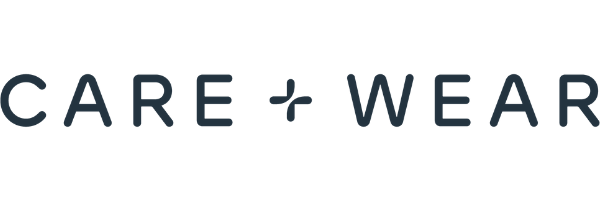
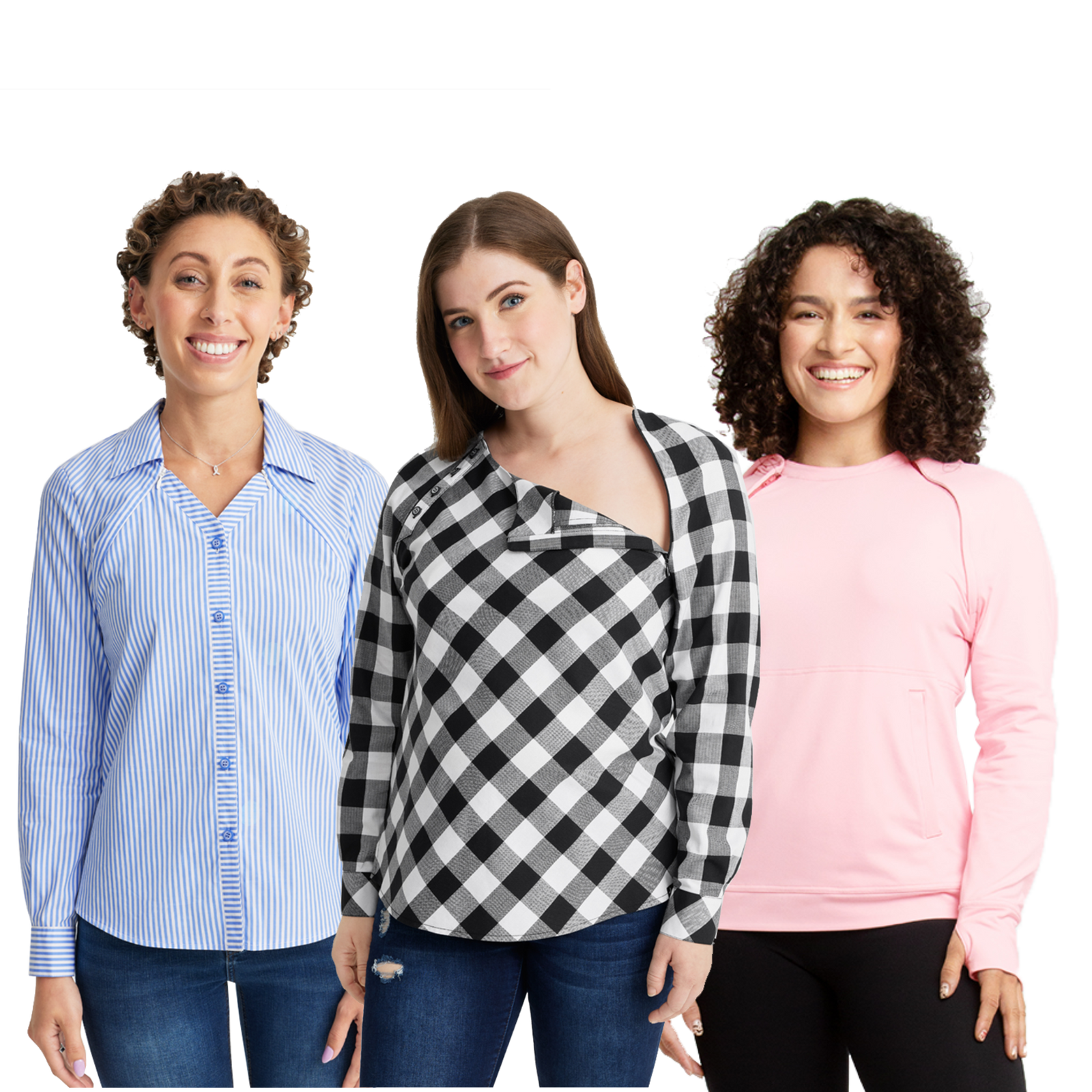
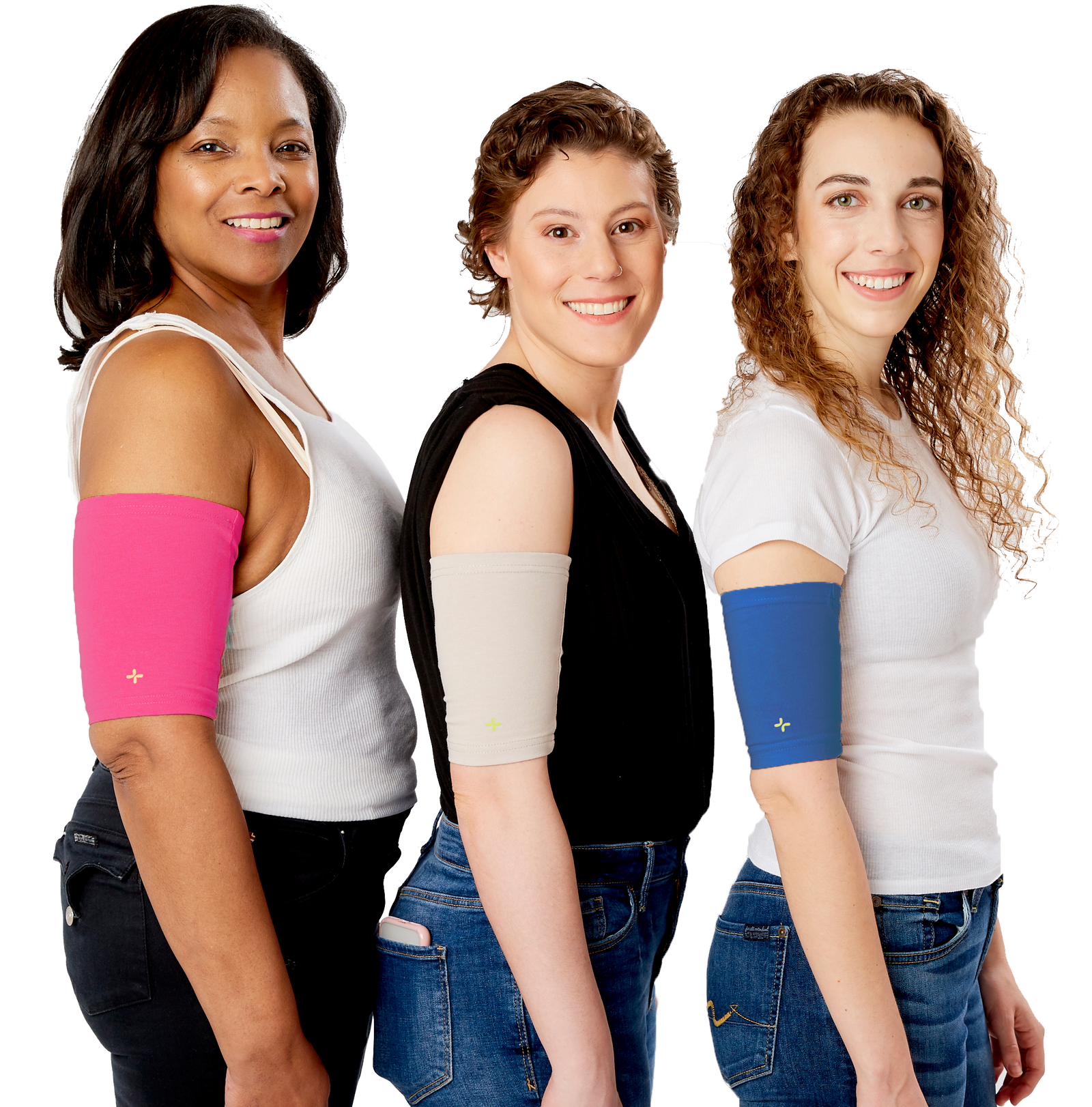


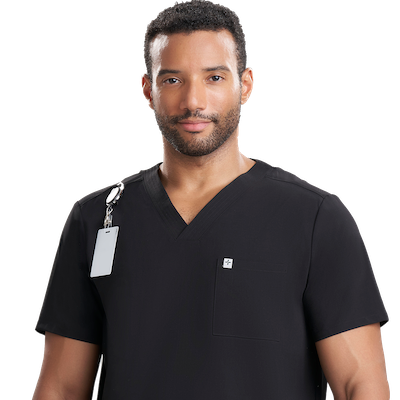
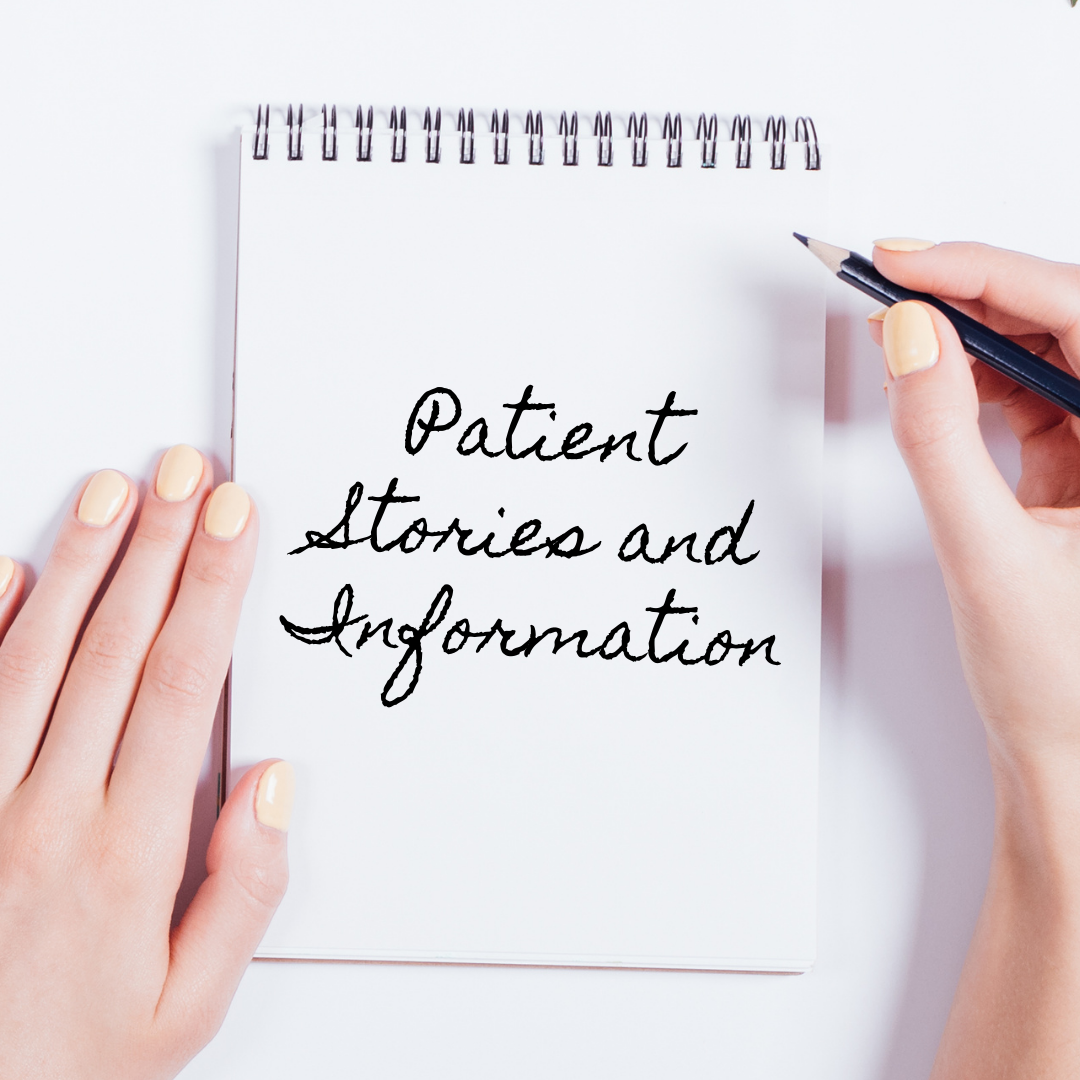
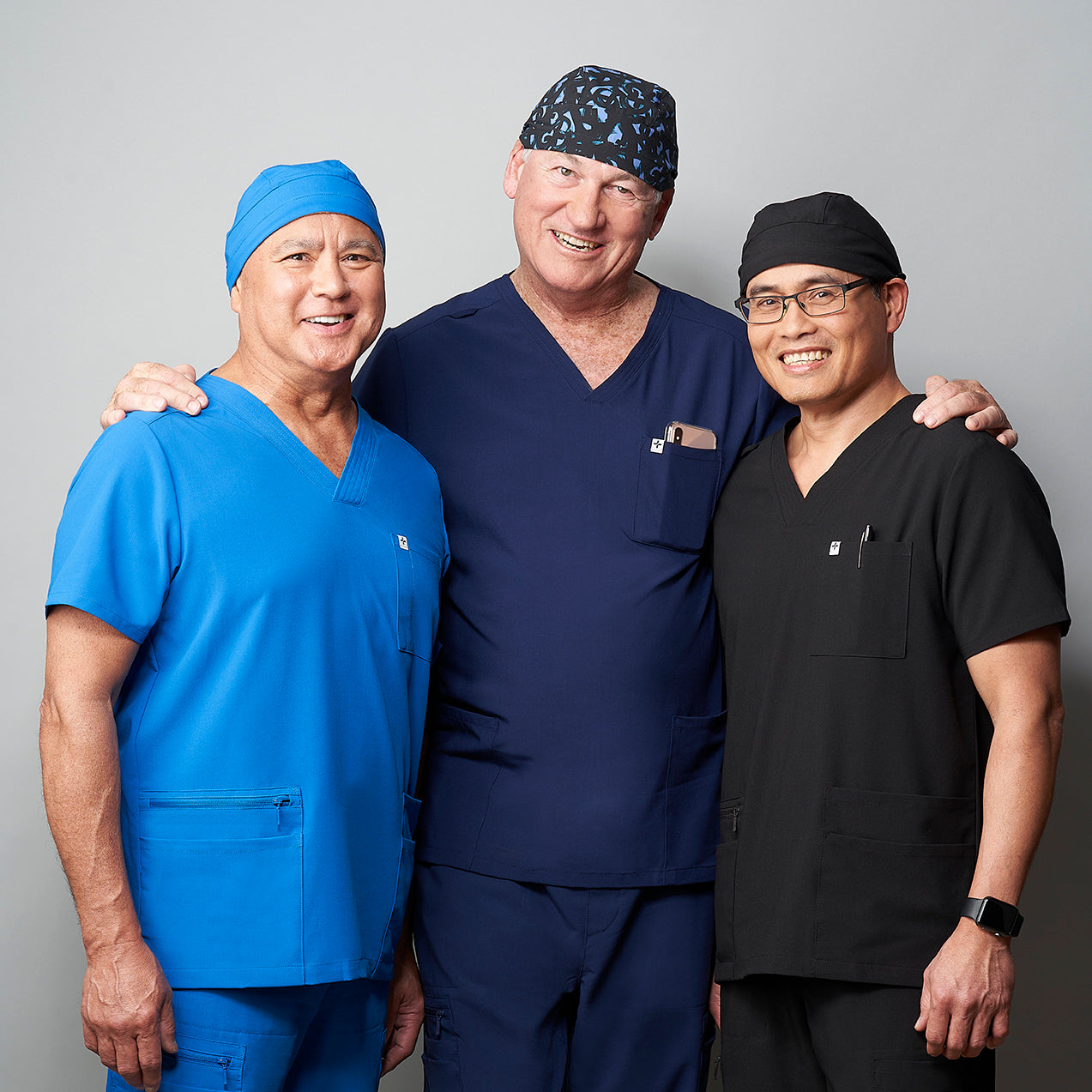
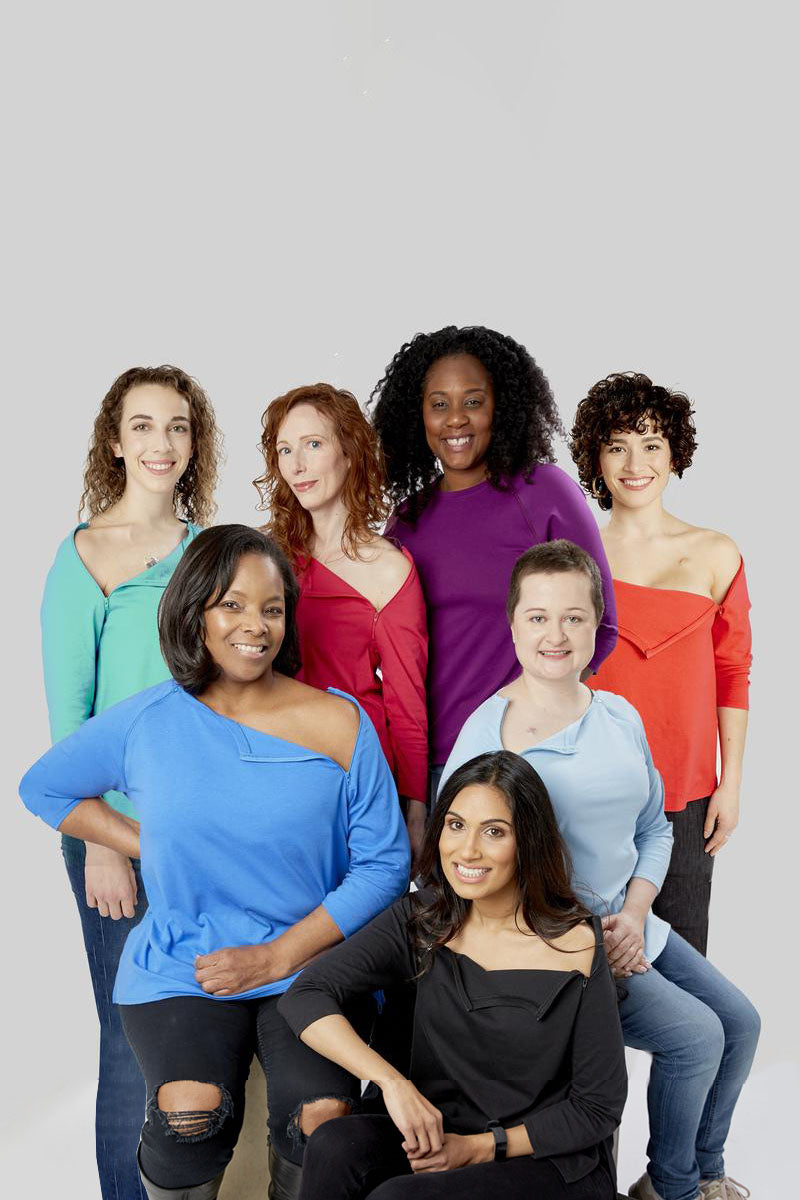
Joan Ramsell
April 19, 2022
I have developed blister-like spots on my legs and arms during my second round of chemo treatment. They are not itchy or sore unless I do scratch them. They are reddish in colour, then turn brown and then turn white in the center . I am wondering if there is something I can use to help heal them. Thanks everyone